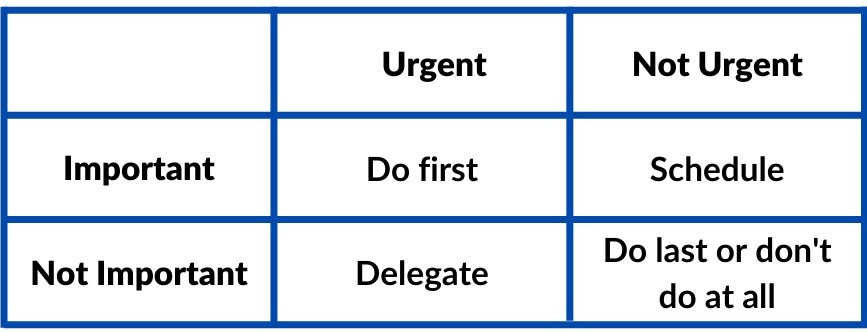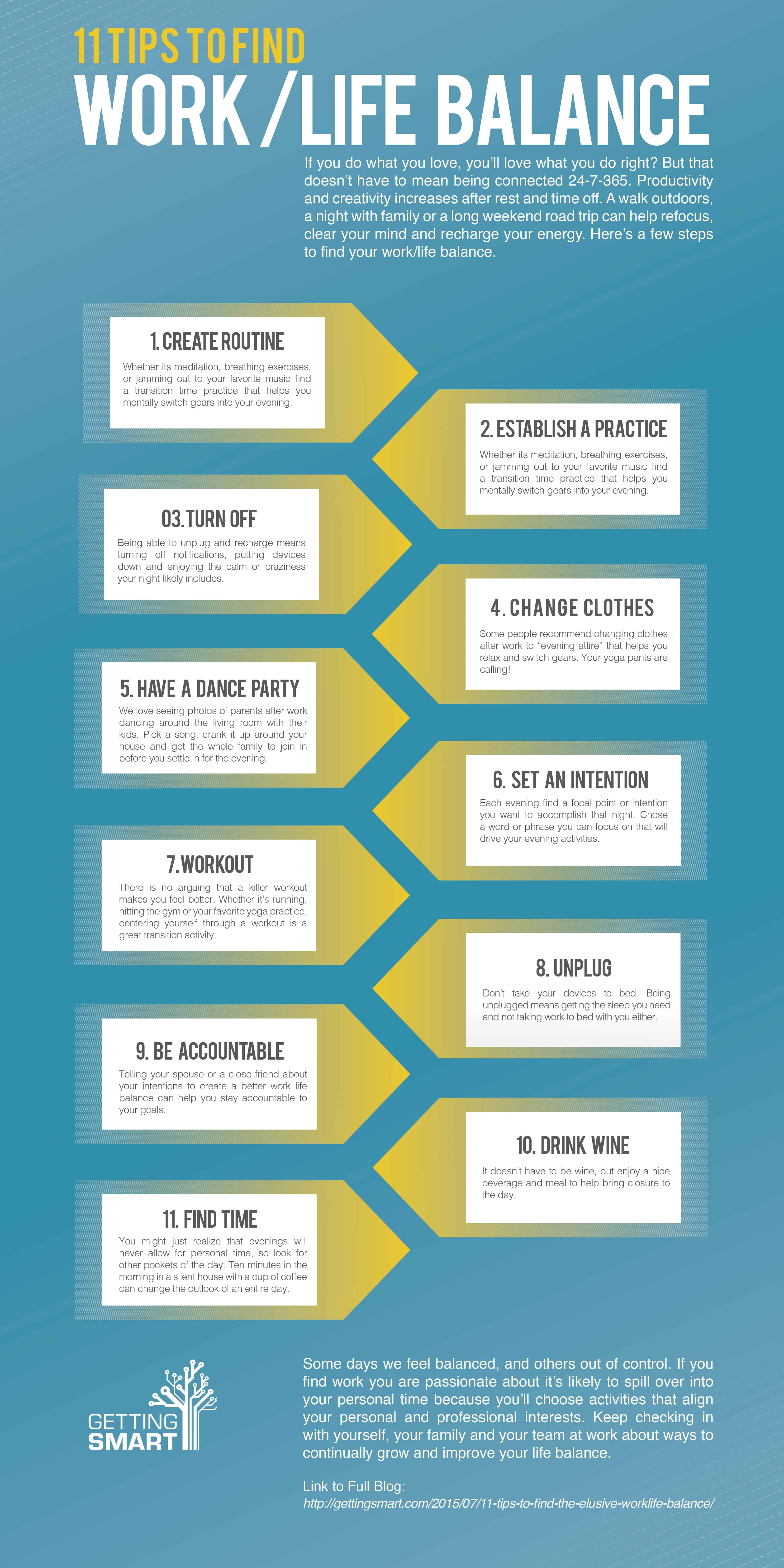Understanding Your Time Management Style: Identifying Strengths and Weaknesses
Every entrepreneur has a unique time management style, shaped by their personality, habits, and work environment. Understanding your time management style is crucial to identifying your strengths and weaknesses, and making informed decisions about how to optimize your productivity. There are several popular time management frameworks that can help you understand your style, including the Pomodoro Technique and Getting Things Done (GTD).
The Pomodoro Technique involves working in focused, 25-minute increments, followed by a five-minute break. This technique can help you stay focused and avoid burnout, but it may not be suitable for entrepreneurs who need to work on complex tasks that require longer periods of concentration. GTD, on the other hand, emphasizes the importance of capturing and organizing all your tasks, projects, and ideas in a centralized system. This framework can help you stay organized and ensure that nothing falls through the cracks, but it may require a significant investment of time and effort to set up and maintain.
Other time management styles include the “time blocking” approach, which involves scheduling large blocks of uninterrupted time to focus on important tasks, and the “priority matrix” approach, which involves categorizing tasks based on their urgency and importance. By understanding your time management style and identifying your strengths and weaknesses, you can develop a personalized approach to time management that helps you achieve your goals and increase your productivity.
It’s also important to recognize that your time management style may change over time, as your business and personal circumstances evolve. By regularly assessing your time management style and making adjustments as needed, you can ensure that you’re always using your time effectively and efficiently.
Setting Clear Goals and Priorities: The Foundation of Effective Time Management
Effective time management begins with setting clear goals and priorities. By establishing a clear direction and focus, entrepreneurs can ensure that their time and energy are being used to achieve their most important objectives. One of the most effective tools for setting clear goals and priorities is the Eisenhower Matrix.
The Eisenhower Matrix is a simple yet powerful tool that helps entrepreneurs categorize tasks into four quadrants based on their urgency and importance. The matrix consists of two axes: one for urgency and one for importance. By plotting each task on the matrix, entrepreneurs can quickly identify which tasks are most critical and should be prioritized first.
Tasks that are both urgent and important should be done immediately, while tasks that are important but not urgent should be scheduled and planned for. Tasks that are urgent but not important should be delegated or automated, while tasks that are neither urgent nor important should be eliminated or minimized.
By using the Eisenhower Matrix to categorize tasks, entrepreneurs can ensure that they are focusing on the most critical tasks first and making the most effective use of their time. This approach can help entrepreneurs achieve successful entrepreneurial time management by prioritizing tasks based on their level of importance and urgency.
In addition to using the Eisenhower Matrix, entrepreneurs can also use other tools and techniques to set clear goals and priorities. For example, they can use a goal-setting framework such as SMART (Specific, Measurable, Achievable, Relevant, and Time-bound) to establish clear and actionable goals. They can also use a prioritization framework such as the ABCD method (A = high priority, B = medium priority, C = low priority, and D = eliminate) to categorize tasks based on their level of importance.
Managing Distractions and Minimizing Procrastination: Strategies for Staying Focused
Distractions and procrastination are two of the biggest obstacles to successful entrepreneurial time management. With the constant availability of social media, email, and other digital distractions, it’s easy to get sidetracked and lose focus. However, there are several strategies that can help entrepreneurs stay focused and avoid procrastination.
One effective way to minimize distractions is to use website blockers, such as Freedom or SelfControl. These tools block access to distracting websites or apps during certain periods of the day, helping entrepreneurs stay focused on their most important tasks. Another strategy is to schedule breaks and use that time to recharge and refocus. Taking regular breaks can help entrepreneurs avoid burnout and maintain their productivity throughout the day.
Breaking down large tasks into smaller ones is also an effective way to overcome procrastination. By dividing a large task into smaller, manageable chunks, entrepreneurs can make progress without feeling overwhelmed. This approach can also help entrepreneurs identify the most critical tasks and prioritize them accordingly.
Additionally, entrepreneurs can use the “2-minute rule” to overcome procrastination. If a task can be done in less than 2 minutes, do it immediately. This approach can help entrepreneurs avoid procrastination and make progress on their most important tasks.
Another strategy is to use the “Pomodoro Technique“, which involves working in focused 25-minute increments, followed by a 5-minute break. This technique can help entrepreneurs stay focused and avoid burnout.
By implementing these strategies, entrepreneurs can minimize distractions, overcome procrastination, and achieve successful entrepreneurial time management. By staying focused and avoiding procrastination, entrepreneurs can make the most of their time and achieve their goals.
Leveraging Technology to Boost Productivity: Essential Tools for Entrepreneurs
Technology has revolutionized the way entrepreneurs work, providing a wide range of tools and apps that can help boost productivity and streamline workflows. By leveraging technology effectively, entrepreneurs can save time, increase efficiency, and achieve successful entrepreneurial time management.
Project management software is an essential tool for entrepreneurs, helping them to organize and prioritize tasks, collaborate with team members, and track progress. Popular options include Trello, Asana, and Basecamp. These tools allow entrepreneurs to create boards, lists, and cards to visualize their workflows, assign tasks to team members, and set deadlines.
Time tracking apps are another crucial tool for entrepreneurs, helping them to monitor how much time they spend on tasks, projects, and clients. RescueTime and Harvest are two popular options that provide detailed reports on time spent on various activities, helping entrepreneurs to identify areas for improvement and optimize their workflows.
Browser extensions are also a valuable resource for entrepreneurs, providing a range of tools and features that can help boost productivity. StayFocusd and Todoist are two popular options that help entrepreneurs stay focused and on track, blocking distracting websites and providing a task management system.
Other essential tools for entrepreneurs include email management apps like Sanebox and Boomerang, which help to filter out spam and prioritize important emails. Virtual meeting tools like Zoom and Skype also provide a convenient way to collaborate with team members and clients remotely.
By leveraging these technological tools, entrepreneurs can streamline their workflows, increase productivity, and achieve successful entrepreneurial time management. By automating routine tasks, tracking time, and staying focused, entrepreneurs can free up more time to focus on high-leverage activities and drive business growth.
Delegating Tasks and Outsourcing Effectively: Freeing Up Time for High-Leverage Activities
Delegating tasks and outsourcing effectively is a crucial aspect of successful entrepreneurial time management. By freeing up time for high-leverage activities, entrepreneurs can focus on growing their business, increasing revenue, and achieving their goals.
Identifying tasks that can be delegated is the first step in outsourcing effectively. Entrepreneurs should consider tasks that are time-consuming, repetitive, or outside of their expertise. Examples of tasks that can be delegated include bookkeeping, social media management, and customer service.
Once tasks have been identified, entrepreneurs can start looking for reliable freelancers or virtual assistants to outsource to. Platforms like Upwork, Fiverr, and Freelancer can provide access to a pool of skilled professionals. Entrepreneurs should also consider hiring a virtual assistant to handle administrative tasks, such as email management and calendar organization.
When outsourcing tasks, entrepreneurs should clearly communicate their expectations and provide detailed instructions. This will ensure that the tasks are completed to a high standard and that the entrepreneur’s time is freed up to focus on high-leverage activities.
Delegating tasks and outsourcing effectively can have a significant impact on an entrepreneur’s productivity and work-life balance. By freeing up time for high-leverage activities, entrepreneurs can focus on growing their business and achieving their goals, while also reducing stress and increasing their overall sense of fulfillment.
Additionally, delegating tasks and outsourcing effectively can also help entrepreneurs to scale their business more efficiently. By leveraging the skills and expertise of others, entrepreneurs can take on more clients, increase revenue, and expand their business operations.
Creating a Schedule That Works: Time Blocking and Batch Processing
Creating a schedule that works is a crucial aspect of successful entrepreneurial time management. By using time blocking and batch processing, entrepreneurs can increase their productivity, reduce stress, and achieve a better work-life balance.
Time blocking involves scheduling tasks into fixed time slots, allowing entrepreneurs to focus on a single task without interruptions or distractions. This approach can help entrepreneurs prioritize their tasks, manage their time more effectively, and increase their overall productivity.
Batch processing involves grouping similar tasks together and completing them in one session. This approach can help entrepreneurs reduce the time spent on tasks, increase their efficiency, and minimize the risk of burnout.
To create a schedule that works, entrepreneurs should start by identifying their most important tasks and allocating specific time slots for each task. They should also consider their energy levels, focus, and productivity when scheduling tasks, and make sure to leave some buffer time for unexpected tasks or emergencies.
Using a calendar or planner can help entrepreneurs visualize their schedule and make adjustments as needed. They should also consider using time management tools, such as Trello or Asana, to help them stay organized and focused.
By creating a schedule that works, entrepreneurs can achieve successful entrepreneurial time management, increase their productivity, and reduce their stress levels. This approach can also help them achieve a better work-life balance, which is essential for maintaining their physical and mental health.
Additionally, creating a schedule that works can help entrepreneurs scale their business more efficiently. By prioritizing their tasks, managing their time more effectively, and increasing their productivity, entrepreneurs can take on more clients, increase their revenue, and expand their business operations.
Maintaining a Healthy Work-Life Balance: The Key to Sustainable Productivity
Maintaining a healthy work-life balance is crucial for sustainable productivity and successful entrepreneurial time management. When entrepreneurs neglect their personal well-being, they can experience burnout, decreased motivation, and reduced productivity.
To maintain a healthy work-life balance, entrepreneurs should prioritize self-care and make time for activities outside of work. This can include exercise, meditation, spending time with loved ones, and pursuing hobbies. By taking care of their physical and mental health, entrepreneurs can increase their energy levels, improve their focus, and maintain their productivity.
Setting boundaries is also essential for maintaining a healthy work-life balance. Entrepreneurs should establish clear boundaries between their work and personal life, such as not checking work emails or taking work calls during non-work hours. This can help them avoid the temptation to work excessively and maintain a healthy separation between their work and personal life.
Additionally, entrepreneurs should prioritize their personal relationships and make time for activities that bring them joy and fulfillment. This can include spending time with family and friends, pursuing hobbies, and engaging in activities that promote personal growth and development.
By maintaining a healthy work-life balance, entrepreneurs can achieve sustainable productivity and successful entrepreneurial time management. This approach can also help them reduce stress, increase their motivation, and improve their overall well-being.
Furthermore, maintaining a healthy work-life balance can also help entrepreneurs scale their business more efficiently. By prioritizing their personal well-being and maintaining a healthy separation between their work and personal life, entrepreneurs can increase their energy levels, improve their focus, and maintain their productivity, ultimately leading to increased success and growth.
Maintaining a Healthy Work-Life Balance: The Key to Sustainable Productivity
Maintaining a healthy work-life balance is essential for sustainable productivity and successful entrepreneurial time management. When entrepreneurs neglect their personal well-being, they can experience burnout, decreased motivation, and reduced productivity.
To maintain a healthy work-life balance, entrepreneurs should prioritize self-care and make time for activities outside of work. This can include exercise, meditation, spending time with loved ones, and pursuing hobbies. By taking care of their physical and mental health, entrepreneurs can increase their energy levels, improve their focus, and maintain their productivity.
Setting boundaries is also crucial for maintaining a healthy work-life balance. Entrepreneurs should establish clear boundaries between their work and personal life, such as not checking work emails or taking work calls during non-work hours. This can help them avoid the temptation to work excessively and maintain a healthy separation between their work and personal life.
Additionally, entrepreneurs should prioritize their personal relationships and make time for activities that bring them joy and fulfillment. This can include spending time with family and friends, pursuing hobbies, and engaging in activities that promote personal growth and development.
By maintaining a healthy work-life balance, entrepreneurs can achieve sustainable productivity and successful entrepreneurial time management. This approach can also help them reduce stress, increase their motivation, and improve their overall well-being.
Furthermore, maintaining a healthy work-life balance can also help entrepreneurs scale their business more efficiently. By prioritizing their personal well-being and maintaining a healthy separation between their work and personal life, entrepreneurs can increase their energy levels, improve their focus, and maintain their productivity, ultimately leading to increased success and growth.
In conclusion, maintaining a healthy work-life balance is essential for sustainable productivity and successful entrepreneurial time management. By prioritizing self-care, setting boundaries, and making time for activities outside of work, entrepreneurs can achieve a better work-life balance and improve their overall well-being.








